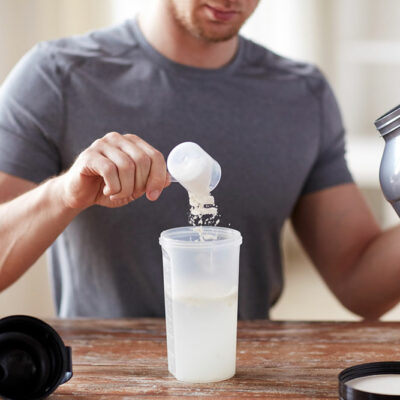
01
Chronic Constipation – Causes, Symptoms, and Preventive Measures
The human body comprises 75% of water. On an average, people drink 7–8 glasses of water per day and most of the water is lost from our body in the form of stools. Drinking sufficient water helps to digest our food and prevents the hardening of the stool. Our body needs a lot of water for the normal functioning of the digestive system. Constipation occurs if people do not drink an adequate amount of water or if their fluid intake is less. Moreover, constipation occurs due to unnecessary retaining of stool in our body for a longer time. If it’s difficult, uneasy, painful, or infrequent to pass the stool it can lead to chronic constipation. Constipation is very common nowadays due to changes in one’s lifestyle, and it’s not considered as a disease but as one of the symptoms of a disease. Constipation is considered as one of the gastrointestinal disorders and it represents one of the major public health concerns. Constipation is more prevalent among women than men and it progresses with age. Constipation is related to colon and rectal diseases and it can affect other organs if medical supervision is not taken. Constipation affects the quality of our life, well being leading to stress and anxiety thereby weakening the immune system. Causes of severe constipation Constipation is difficulty in passing stools out of our body or irregularity in bowel movements. Causes of constipation range from various factors depending on dietary patterns, age, gender, exercise, and bowel habits. – Lack of physical activity and exercise can lead to constipation. Lack of exercise or living a sedentary lifestyle can contribute to the same. – Side effects of prescribed medicines, over-the-counter medicines, and a certain dosage of drugs can lead to constipation. Medicines or drugs alter our bowel movements causing its irregularity.
Read More 










